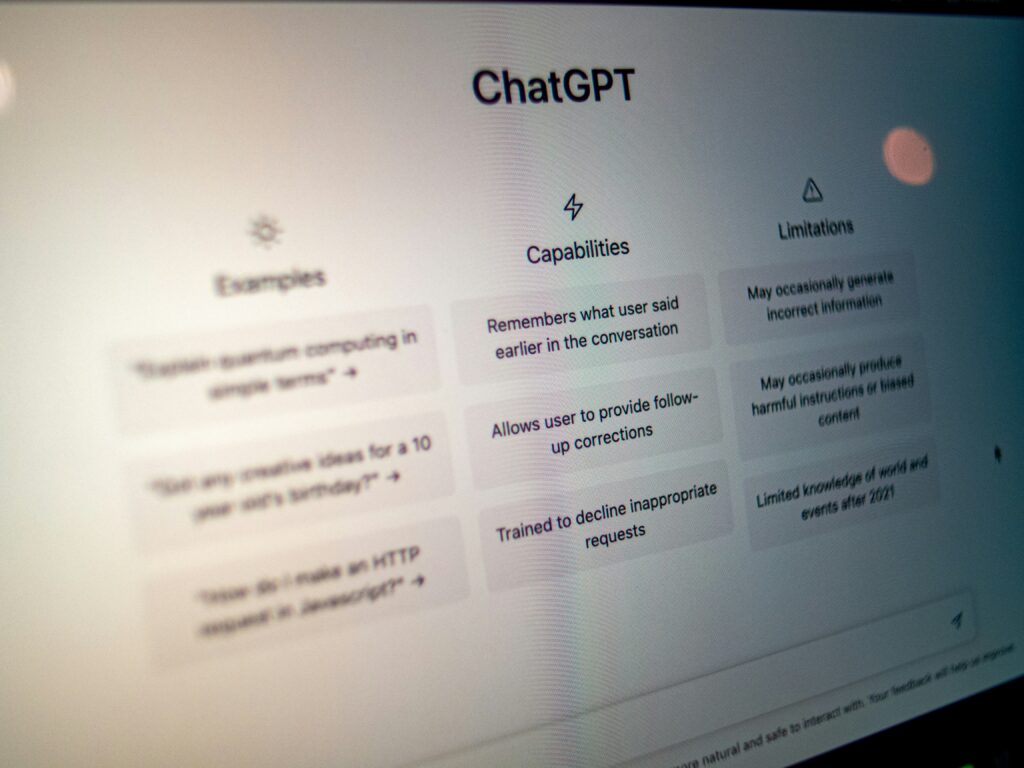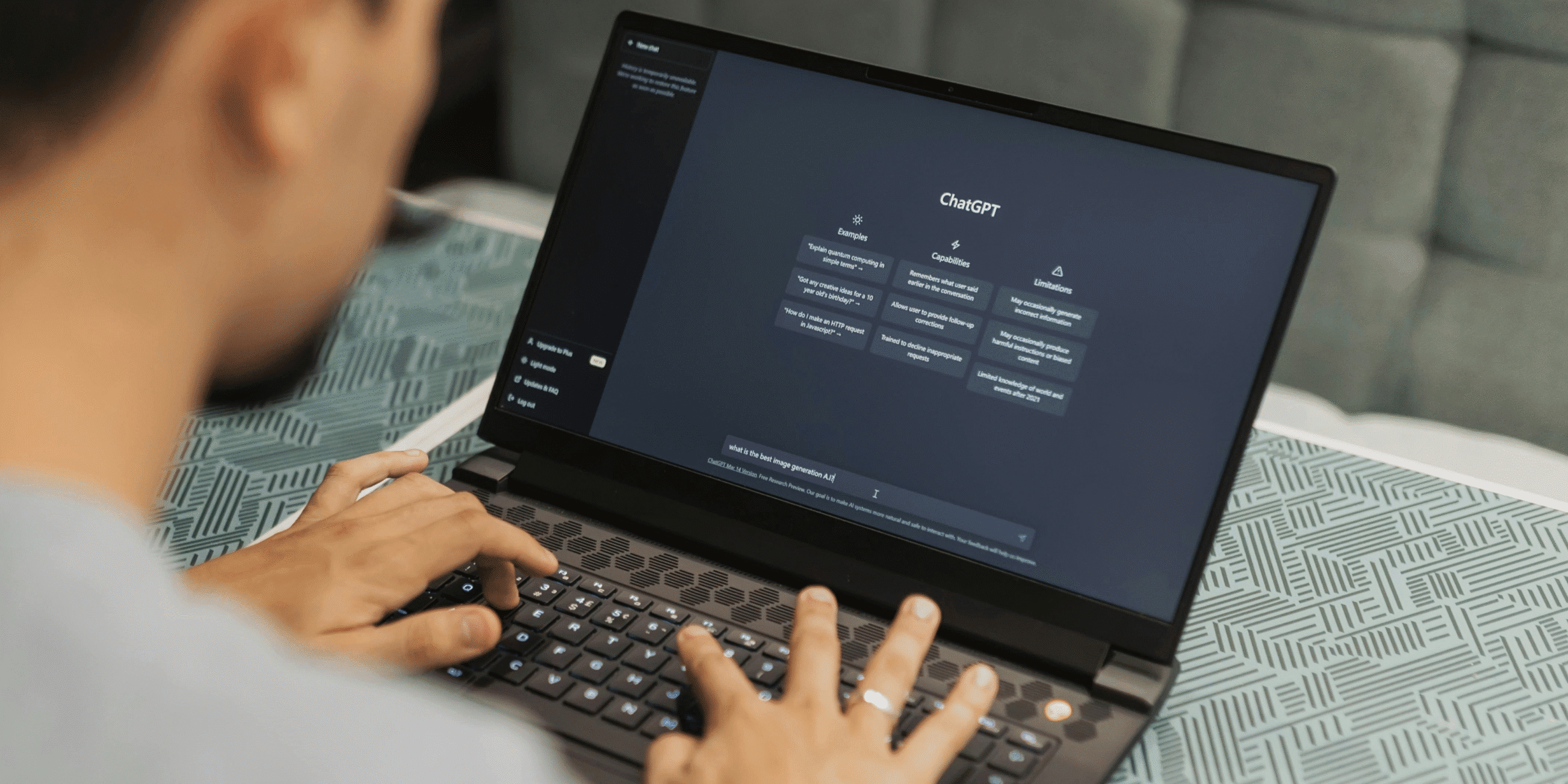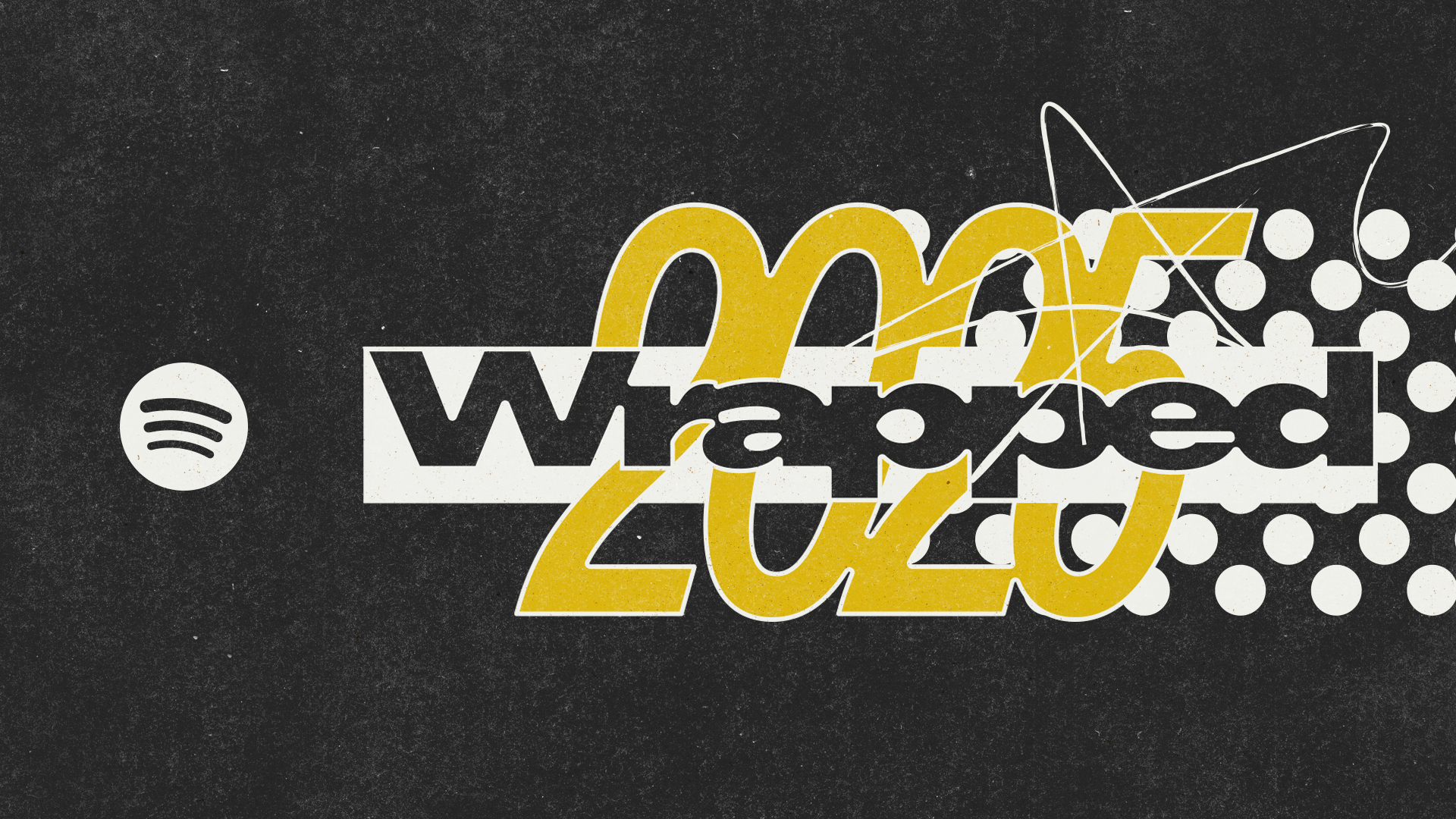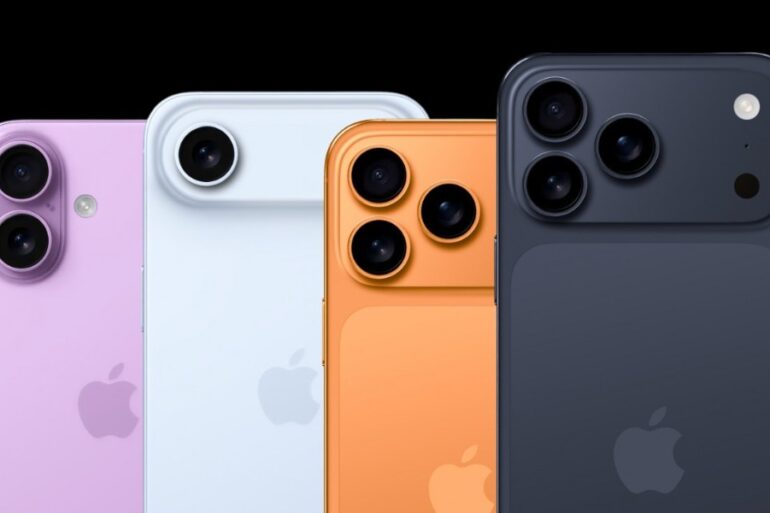A new study from MIT just added fuel to this growing debate.
It’s quick, it sounds smart, and it saves time. But researchers at MIT are now asking a bigger question, what is this doing to our brains?
According to researchers at the university’s Media Lab, the answer might be yes and the reason has everything to do with how our brains react when we let AI take the wheel.
Related story: A closer look at how generative AI is really being used in 2025
Related story: The dark side of the trending Studio Ghibli-inspired AI creations
Brains vs bots
The study titled Your Brain on ChatGPT: Accumulation of Cognitive Debt when Using an AI Assistant for Essay Writing Task tracked 54 students and split them into three groups: one used ChatGPT to write essays, one used Google, and the last group had to rely on their own brainpower with no tech tools allowed. The researchers fitted each participant with EEG caps to monitor brain activity, and asked them to write essays across three sessions.



At first, ChatGPT users finished their tasks faster. But that’s where it gets interesting or we can say, a bit concerning.
The results
The students who used ChatGPT showed the lowest brain engagement. They underperformed in memory, creativity, and focus. Their essays were described by reviewers as “soulless,” often using the same phrases and lacking any personal touch. And when asked to rewrite an essay without AI later on, most of them couldn’t remember what they had written in the first place.
Those who worked without any tools had the strongest brain activity. Their ideas were more original. Even after being allowed to use ChatGPT later in the experiment, they still stayed mentally engaged suggesting they were better able to think for themselves no matter what tool they used.
The group that used Google is somewhere in between. They still had decent brain activity, and their essays were more thoughtful than the AI-reliant group.
MIT’s researchers say we’re seeing what they call “cognitive offloading.” That’s when we start relying on something else to do the thinking for us, kind of like how we stopped memorizing phone numbers once smartphones came along. Except this time, it’s not just numbers. It’s our ability to form ideas, solve problems, and remember things.
Related story: What is DeepSeek, the AI startup that shook the tech world?
Related story: 14% of Filipino workforce at risk of losing their jobs to AI. Here’s how to protect your career



The study calls this “cognitive debt,” a condition in which, as the study puts it, “relying on such programs replaces the effortful cognitive processes needed for independent thinking.” In other words, when you let AI do the work too often, your brain stops showing up. Over time, that could affect how we learn, create, and even make decisions. And for younger users especially, who are still building those thinking muscles, the long-term effects could be even deeper.
A separate study from the University of Pennsylvania’s Wharton School found that Turkish high school students who used a ChatGPT-style tutor performed significantly better during practice but when the AI was taken away, they did worse than students who hadn’t used it at all. The findings suggest that while AI can boost short-term performance, it may weaken long-term retention if users grow too dependent.
It’s also worth noting the study was released as a preprint, not yet peer-reviewed, a choice by Kosmyna’s team to spark early discussion while the formal review process could take months.
Related story: Is Google dying or evolving? Inside the tech giant’s race to stay relevant in the AI era
Related story: AI relationships: Yay or nay?



But it’s not all doom and gloom
AI is powerful, but so is your brain. If you use ChatGPT as a shortcut every single time, your thinking skills might take a hit. But if you treat it like a partner you might still come out ahead. Because while AI might know a lot, it’ll never think exactly like you do and that’s a good thing.








